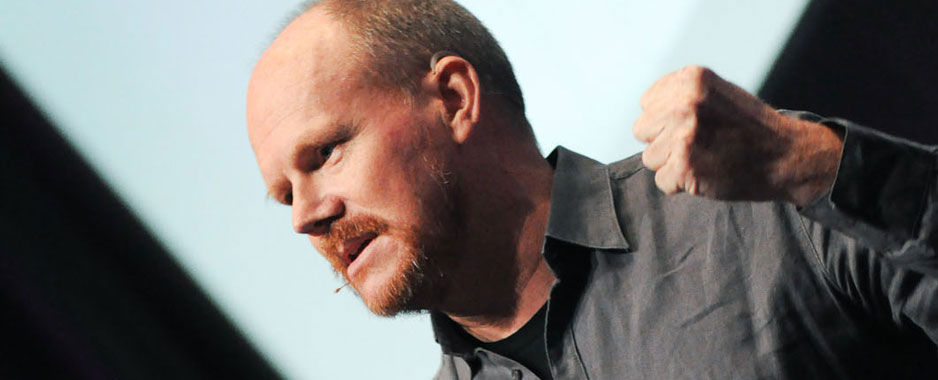Earlier this week, the Indian communications regulator announced it would forbid the provision of differential pricing for data services on the basis of content. This decision effectively bans Facebook’s Free Basics initiative, which offers access to
Browsing: Steve Song
The worldwide debate about zero rating and network neutrality has brought the issue of affordable Internet access into sharp relief. I recently came back from the Internet Governance Forum
The Africa Coast to Europe (Ace) submarine cable could be among the last major international broadband systems to land on South African shores for some time, says an expert. The Ace cable
Open-access networks. Giving a little, to get a lot – in the long run. Various models are already used, at least in principle, in the recent South African home fibre roll-outs. Now how about open-access wireless networks? Why don’t we share more for the greater good (and better
There are many factors that have allowed for the successful scaling of the Internet into a global phenomenon. A consensus-based, voluntary approach to standards, decentralised design and a vast body of openly-licensed software have all contributed. But the element I want to talk about here
The University of the Western Cape has introduced a new model for Village Telco’s Mesh Potato telecommunications device that promises to make the technology sustainable in the long term in rural communities. Village Telco was incorporated by Steve Song in 2011 during a three-year stint
I have such a complicated relationship with Google and Facebook that I sometimes find it hard to write about them. I don’t mean complicated in the sense of conflict of interest, although it is true that one of the organisations I do work for now receives funding from Google, so there is that, but what I am really talking about is
You may have seen a resurgence of news about net neutrality in the last few weeks. This is because a US court recently ruled that the communications regulator, the Federal Communications Commission, doesn’t have the power to insist that Internet service providers operate according
We are living through a privacy tipping point. Technology is changing dramatically what is possible in terms of surveillance, monitoring, persistence, analysis. We are cracking open the lid of Pandora’s Box. We still don’t really know what’s in the box. Maybe the benefits of the
In the previous column, I looked at the merits of licensed versus unlicensed spectrum and suggested that there might be scope for some new approaches. I’d now like to turn to licensed spectrum and the process of auctioning spectrum which has become the dominant means of assigning popular licensed



